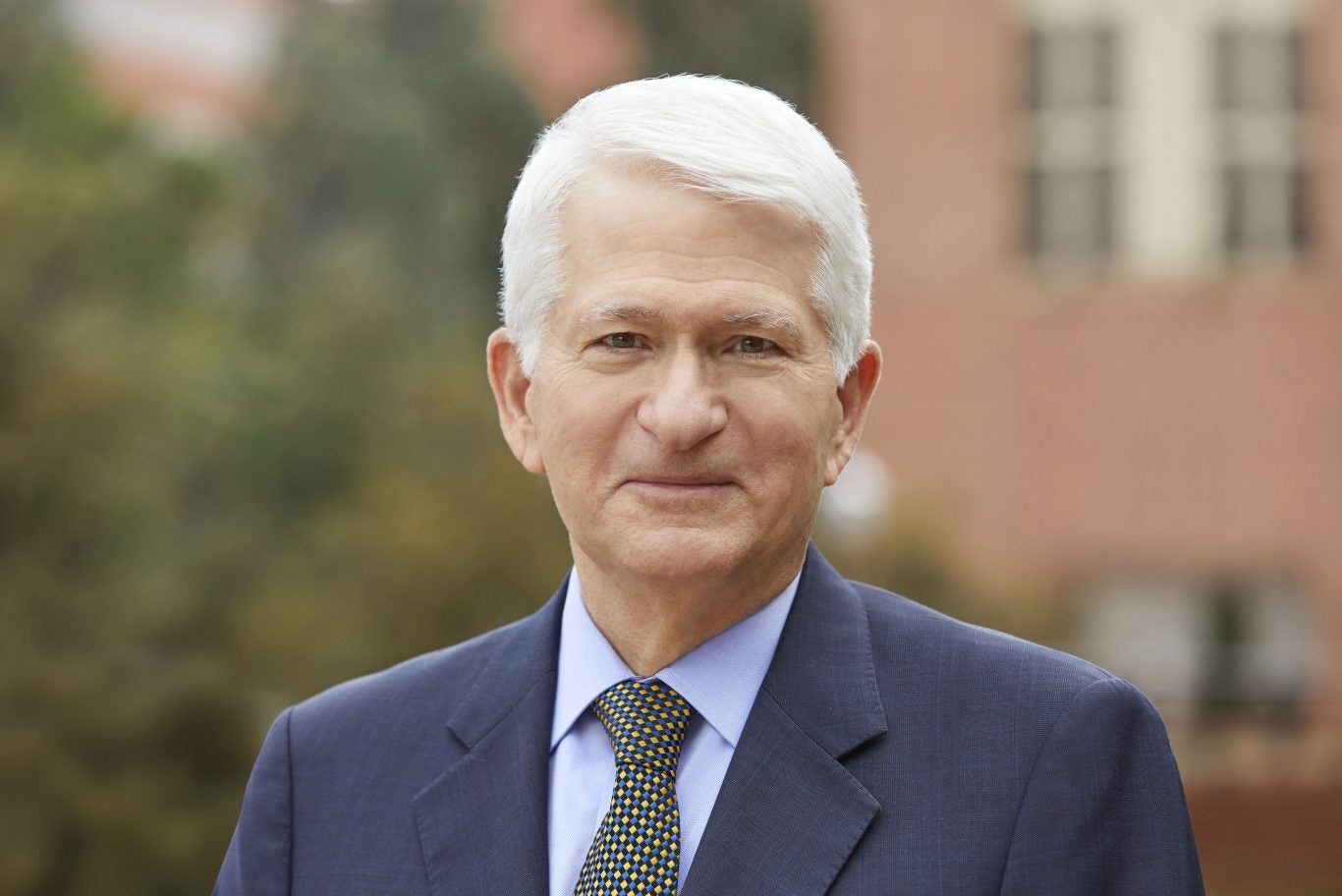Office of the Chancellor
Serving as UCLA’s chancellor has been the greatest honor of my life — so it is with bittersweet feelings that I share my decision to step down at the end of the 2023-24 academic year. UCLA is a shining example of the best of public higher education and it is well positioned for an exceptionally bright future.
About the Office
As UCLA’s chief executive officer, the chancellor shapes the vision and strategic plan for the campus, and grows and diversifies revenue streams in support of the university’s mission of education, research and service. Gene Block took office as UCLA chancellor on August 1, 2007. He will step down from this role on July 31, 2024.
More about the Chancellor's Office
The University of California Office of the President is conducting the search for the next chancellor.
UCLA Chancellor Search


